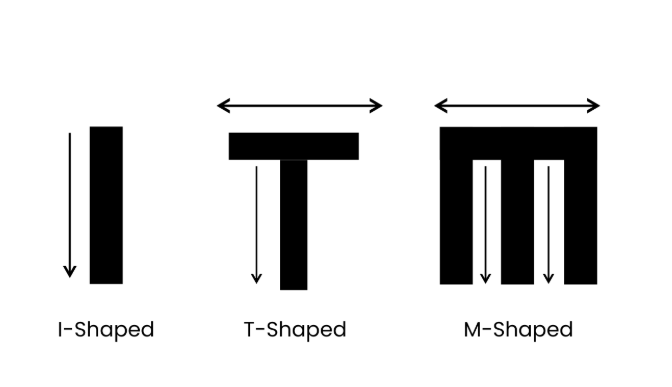
Client Chemistry 101—Are We the Perfect Match?
People work with other people, not businesses. So, if we don’t get along, working on an intensive innovation project will quickly turn into a raging dumpster fire and add misery to a task that’s already difficult. This is especially true for startups, but even in a corporate team, chemistry is important.
If you’re looking for a creative collaborator to help bring an idea to life, you must do what you can to ensure it’s a great match. Launching a business or new product line is challenging enough. Make sure you have a partner by your side who complements your strengths and compensates for your weaknesses.
In startups especially, you’re essentially committing to a long-term relationship, so it’s crucial your values and goals are aligned with your partner. When we talk to prospective clients, we look for this alignment early on to determine whether we’re a good fit.
Here’s a quick gut check on the ideal clients we’re best equipped to help on their invention journey:
Team Dynamics
We work best with small but mighty teams of at least two people, rather than solo entrepreneurs. If you’re a pair who’ve already worked through past challenges and came out the other side, you’re more likely to succeed in the high-pressure innovation space. You probably picked each other because your skill sets and strengths complement each other. You’re likely committed to working out difficulties because you’ve had to consider each other’s priorities and collaborate with at least one other person on a project that’s important to you individually. This is a great foundation for navigating the rollercoaster of innovative product development.
Culture Vibes
We once worked with a steel company that brought their entire 16-person team to our campus for a brainstorming session. They’d been working with each other for years, because the company had refused to lay anyone off in their entire history. They’d earned the trust of their employees, and it showed. Everyone appreciated each other’s skill set, expertise, and ideas.
Another time we worked with a huge corporation that sent a small delegation. For two entire days, they barely talked because they were too scared to speak up in front of the dictatorial manager in charge of the project.
Our proprietary process includes creating an atmosphere of psychological safety to foster creativity. How long this takes and how effective it is heavily depends on each company’s culture and willingness to engage. The more supportive and open your existing culture, the more productive our collaboration will be.
Coachability Quotient
One entrepreneur came to us for help creating a device to observe a horse’s gait and predict whether it would go lame in the future. The idea was solid, but when we asked them if they’d done any industry research, or talked to any equine organizations, stables, or experts in the field, the surprising answer was ‘no.’
When we strongly recommended prioritizing market research to ensure real demand, they refused. Sometimes, entrepreneurs are so invested in their ideas they refuse to seek or accept information that may not confirm their inherent bias. They lose the necessary curiosity about the science, technology, and market needs that take a new product from ‘meh’ to breakthrough.
As partners in innovation, we don’t expect a client to do as we say or defer to our judgment. However, if a client comes to us for expertise and advice and then roundly dismisses it, there is no hope for productive collaboration.
Business Sense
Coming up with whacky ideas is easy. Making solutions happen is hard. You need to be creative and business-minded (or have someone on your team who is).
Aside from the innovation itself, most of our startup clients struggle with finances, marketing, and distribution. If you’re not the right person to apply for grants, talk to angel investors and venture capitalists, or enter your company in start-up competitions, you must hire someone who is. You’ll need to think about how to market and distribute your innovation sooner rather than later, because innovation is not a ‘build it and they will come’ situation.
Beyond envisioning and designing your solution’s prototype, PCDworks can help with small manufacturing runs. We also provide referrals and connections, advice and insight based on our experience working with large corporations and small startups alike.
Product Prowess
Problem? Check. Idea? Check. A roadmap to success? Err... that’s where PCDworks comes in. We love helping you solve extremely difficult problems, especially if you have an idea of the direction, but don’t know which process to use, which components you need, or how to make it all work in the real world.
We might not be a good match if you’re innovating in these three fields:
- Toys (play is essential, but we’ve made a commitment to stay away from inventions that will end up in a landfill).
- Automotive (mostly a game of ‘follow the leader’ with Japan spearheading the parade).
- Home building (convincing a change-resistant industry to adopt an innovation is not our jam).
At PCDworks, we strive to be both visionaries and practitioners. We take it all the way to the edge creatively while staying deeply rooted in reality when it comes to execution.
Sound like a match made in innovation heaven? Got a colossal idea brewing? Let’s talk!

